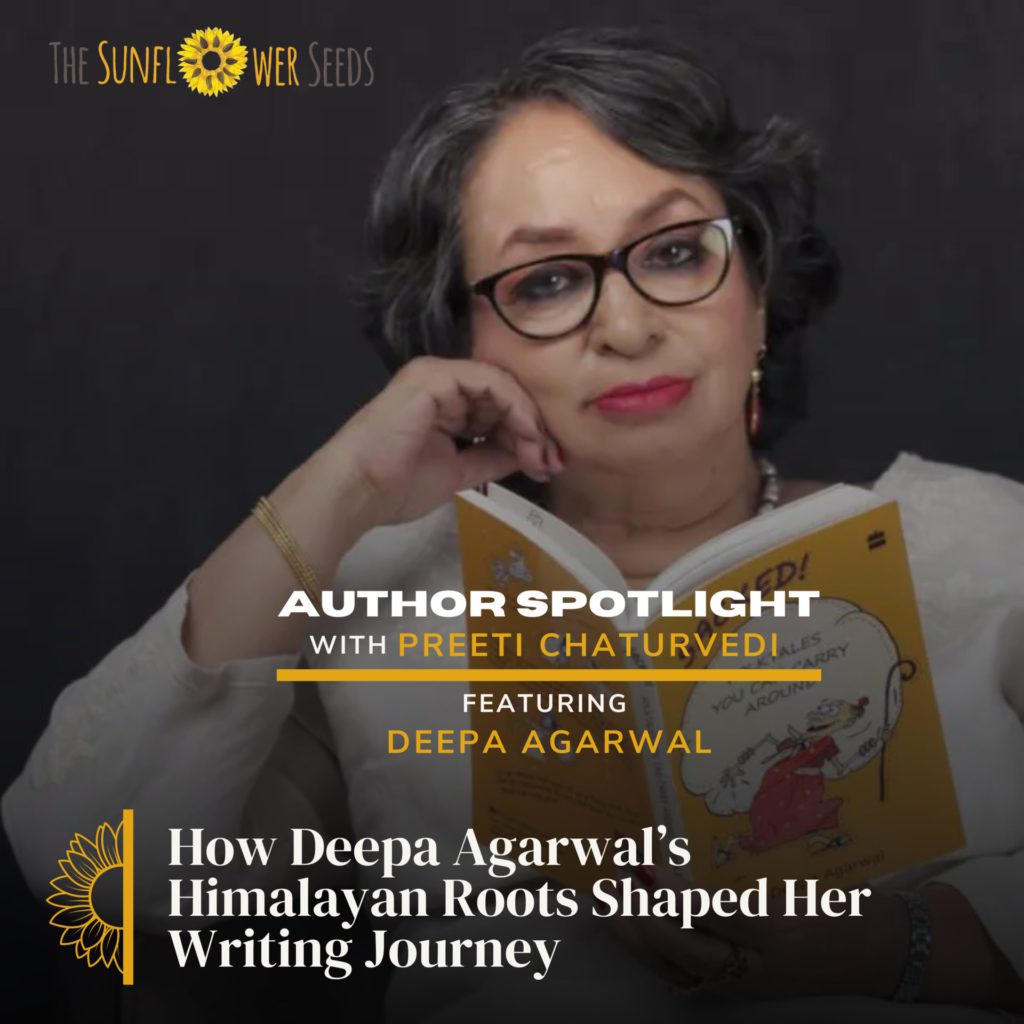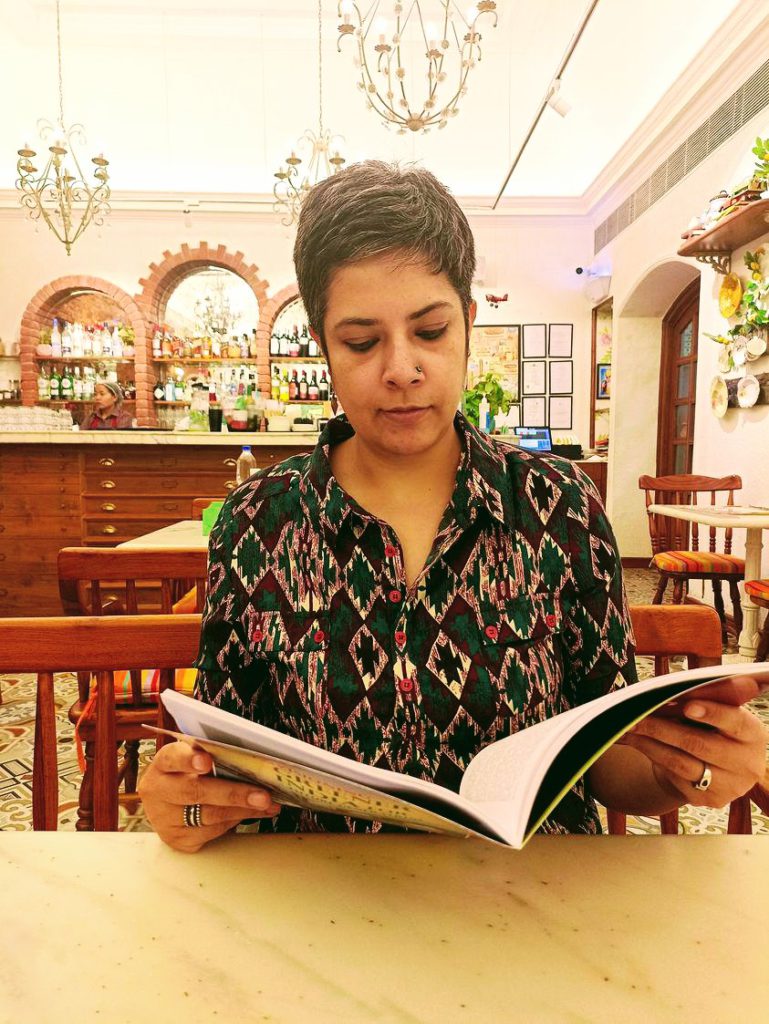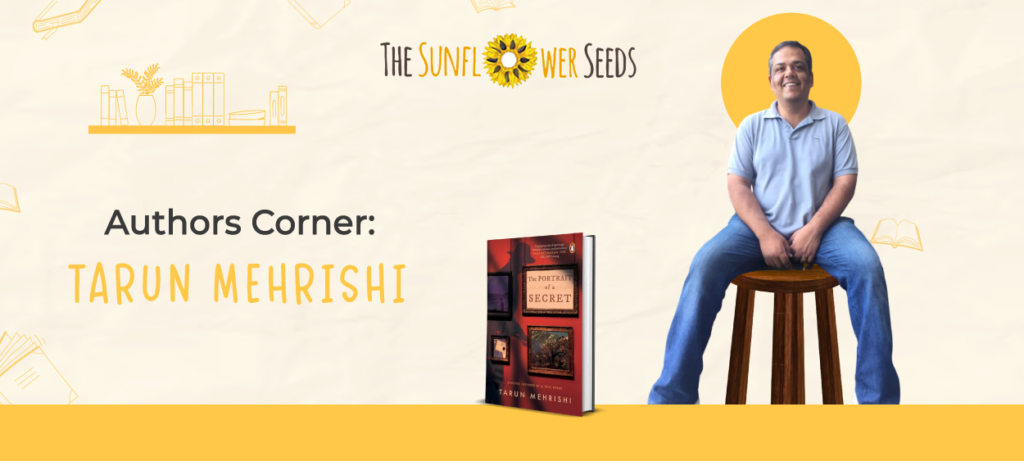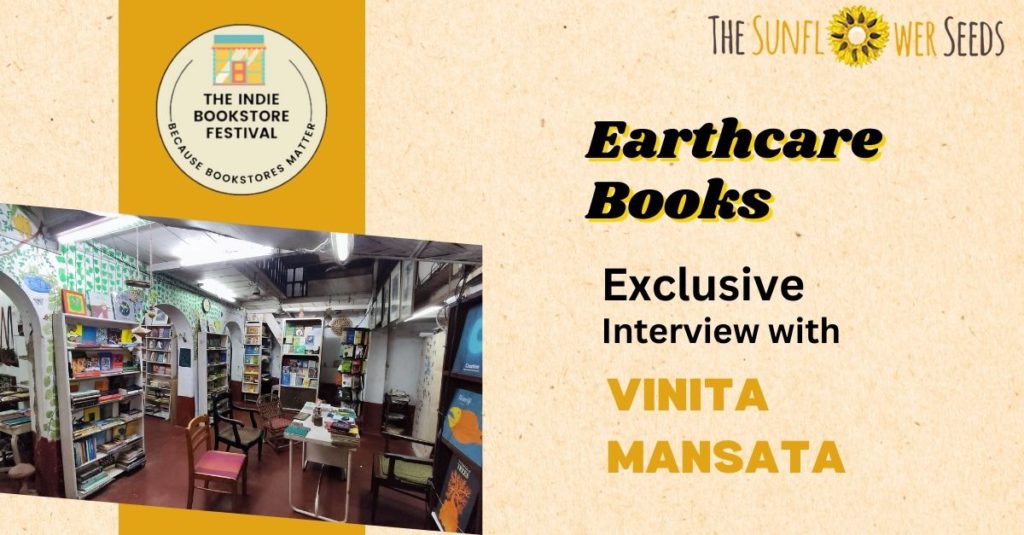Sports fans love their athletes. Their physical skills, their career trajectory and their lifestyles seem admirable. But maintaining that level of performance can come at a price and that was what Coach Paddy Upton recognised.
He went from being the strength and conditioning coach for the South Africa cricket team from 1994 to 1998 to the mental conditioning and strategic leadership coach of the Indian Cricket team in 2008. Under his such guidance, the team won the 2011 ICC Cricket World Cup. He was also Head Coach for the Rajasthan Royals, a franchise in the IPL. Under his guidance, the team won the inaugural IPL season in 2008. He has recently been appointed Mental Conditioning Coach for the Indian Men’s Hockey Team.
His emphasis on mental and emotional well-being in the care of his athletes seems to make all the difference in their performance and their teamwork. He has written about his training in a book, ‘The Barefoot Coach’ which released earlier this year. In this interview talks about his writing journey which has only just begun.
What made you switch from being a strength conditioning coach to being a mental conditioning coach?
Back in 1994, I was the first full-time strength and conditioning coach in international cricket, working with the South African cricket team. We were naturally the fittest team, because we were the only team at the time with a fitness coach. Despite being a great team, under probably the most innovative coach of the time, Bob Woolmer, and being so fit – there was something missing. I knew we could be even better, but I never knew what was lacking, or where to go looking for it.
It was a few years later, whilst studying for a second masters degree (in business coaching) that I found what was missing. It was in the intersection between how coaches were leading, and the impact it had on the mental game. As long as coaches were using a hierarchical and instruction-based approach, the mental game would never be fully addressed. This started my journey into mental coaching in sport, and business, and eventually into being an ‘accidental’ head coach in cricket.
Who are your favourite authors?
I mostly read non-fiction, with the odd novel to relax my mind before going to sleep. The work that has made the biggest impact on me are author such as Eckhart Tolle, David Deida, Ken Wilbur and Paolo Coehlo. The fiction writers I enjoy are Jeffrey Archer, Bryce Courtney, and Deon Meyer.
Tell us the best cricket book you’ve ever read, It could be about the sport or an autobiography by a player.
To be honest, I have not read many autobiographies of cricketers, mainly because I have worked with and already know a fair bit about most modern-day cricketers. I prefer to read biographies about people whom I don’t know, from sports that really intrigue me, specifically extreme or adventure sports, and my favourite sport, surfing.
What were the books that inspired you to want to write a book?
It’s the books that really impacted my life that inspired me to write a book. The first book that got me thinking more deeply about life, as a 25-year-old, was by M. Scott Pecks, ‘A Road Less Travelled’. One book that has sat next to my bed and been read numerous times over the past decade is Eckhart Tolle’s, ‘A New Earth’. There were many others in between. Based on the impact of these books on me, I wanted to write a book that could have a similar impact on others – that would add genuine value to their lives. I wrote, hoping to inspire people to think differently about some common and important facets of live – illustrated through lessons from sport.
Who is your book for?
My first (and second book) is written for people who want more than just some cool sport stories. They are written with the aim of not only providing interesting and entertaining anecdotes but also adding value to people’s lives. Specifically, offering life lessons, inspiring and equipping people to live even better, more healthy and wholesome lives. In this way, it’s not just for sports fans. The second book is aimed even more at the ‘person-in-the-street’.
Do describe your writing process.
I mostly enjoy writing. I find it a meditative practice which seems to me immersed in an in-the-moment creative journey. I can spend literally hours without looking up and without any awareness of time passing. Also, because I write about what is important in my life, it helps the roots of that knowledge to grow even deeper into my daily life and practices.
I am quite an unstructured person and have very little routine. Writing changes all this, bringing a focus to my days. Still, I don’t have any structure, I simply make time to write most days. Once I commit to something, I am lucky that I (mostly) have the discipline to follow through. This commitment helps get me through those moments and days of writers-block, where writing feels like sprinting across a field knee-deep in peanut butter.
Will you be writing another book?
After taking four years to finish my first book, I promised I’d never do that to myself again. Never! For a trained author, a book is difficult; and I’m an amateur. It takes me about four times as long as an experienced writer to say the same thing.
During Covid, I produced a body of work to help people navigate the difficulties that the pandemic presented. I delivered this in various formats to sports teams and business teams, modifying it as I went. Simultaneously, I also went through some personally challenging times and was forced to apply that knowledge into my life- which worked fantastically.
Literally, as I was wondering what to do with that body of work, a publisher phoned me out of the blue and asked me to write a book about coaching regular folk, similar to how I coach athletes.
I didn’t need time to think about it. Despite saying ‘never again’, it felt right and I said an immediate, ‘yes’. So here I am, writing a book that I said I’d never write. I’m glad and I look forward to it hopefully adding real tangible value to people’s lives.





